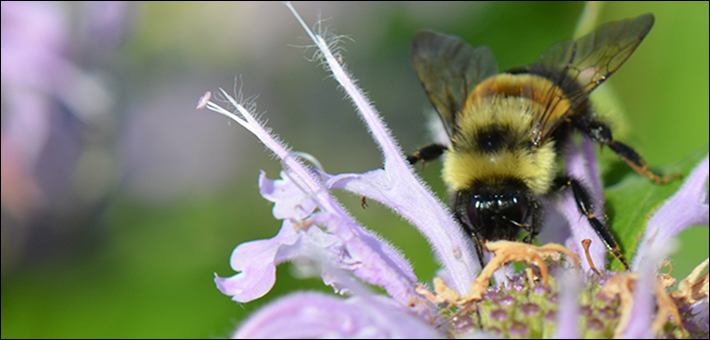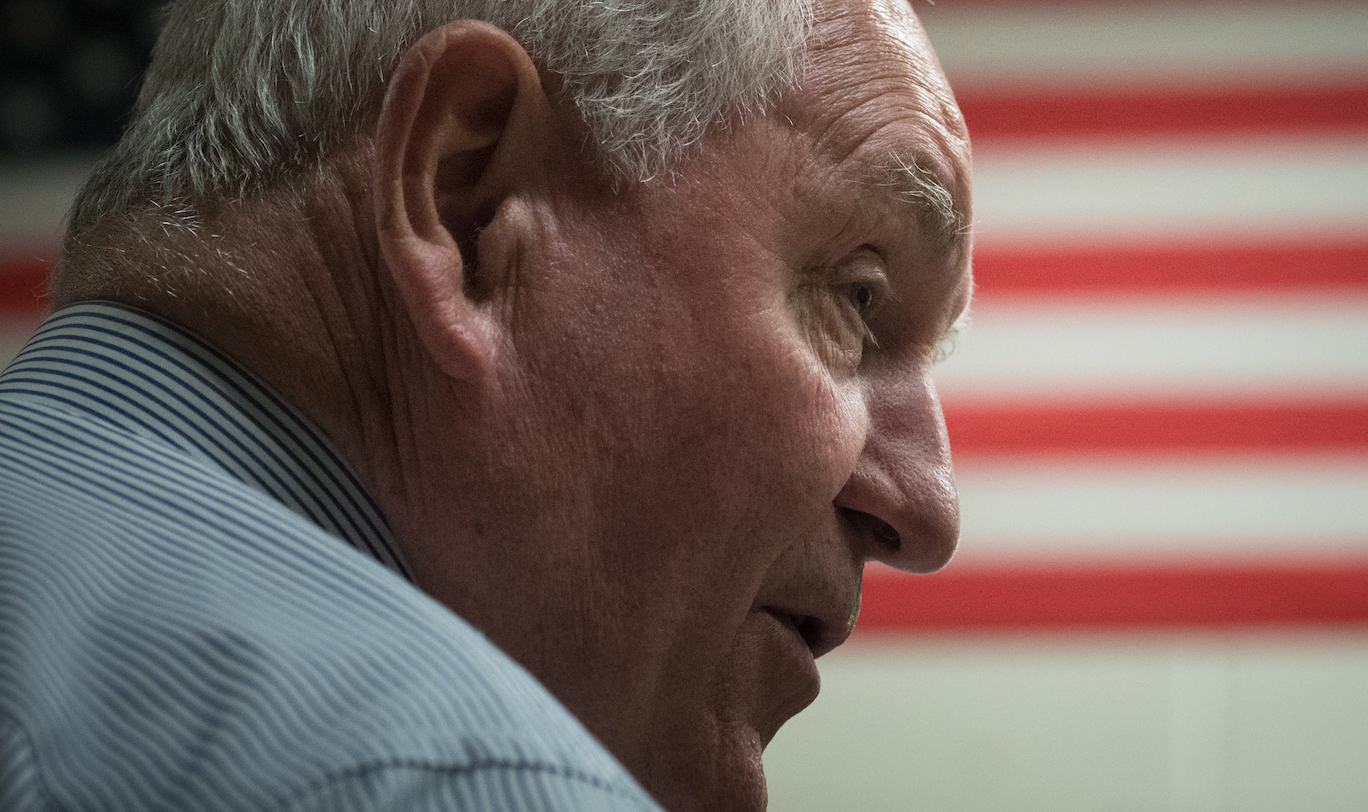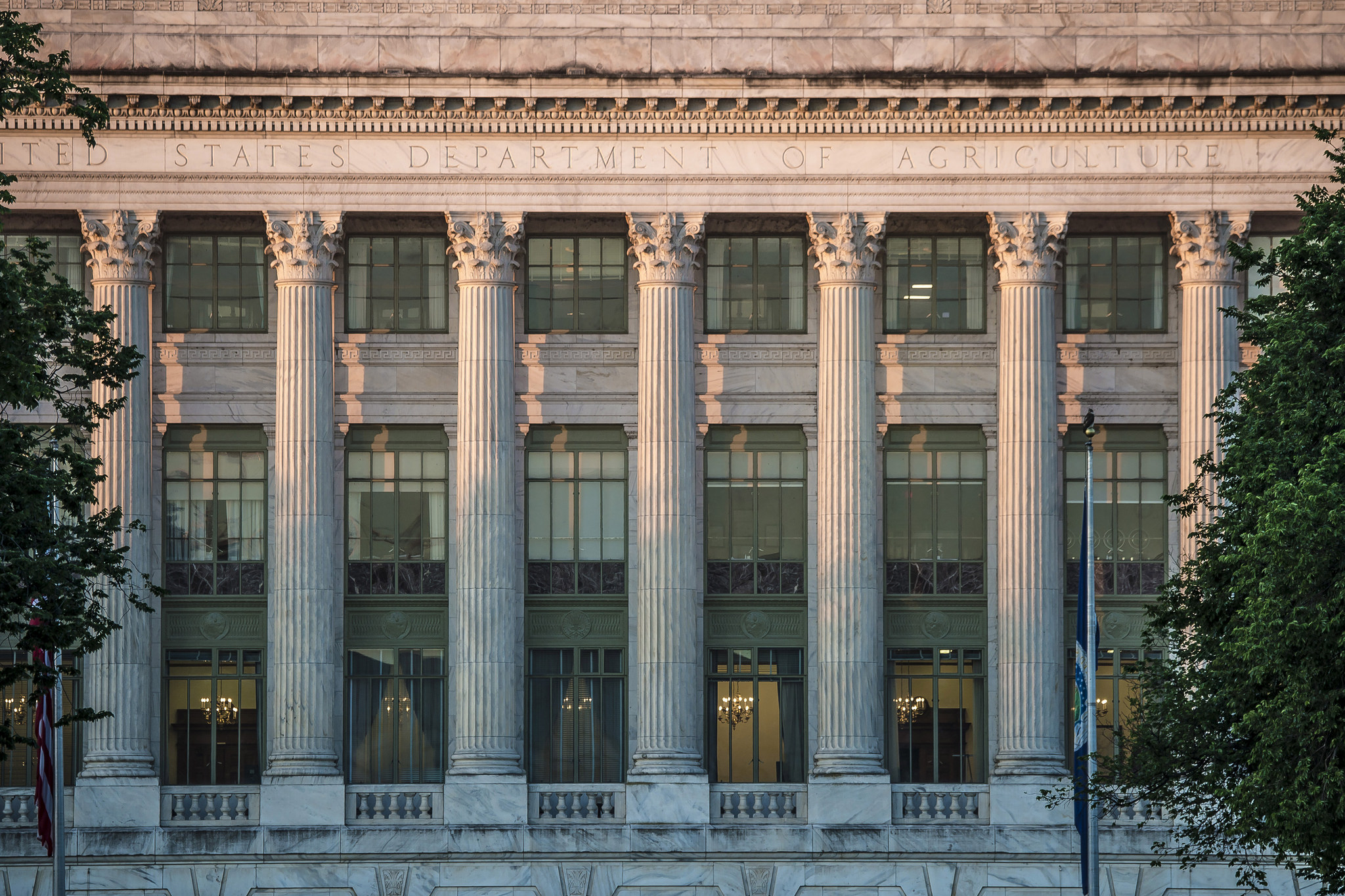In 2014, the U.S. Fish and Wildlife Service (FWS) began phasing out the use of genetically engineered crops and certain insecticides in wildlife refuges, over concerns about harms they may pose to endangered species. Last August, the Trump administration reversed that ban.
Now, the Center for Biological Diversity (CBD), a nonprofit environmental group, is suing FWS for failing to release public records that detail just how that reversal is impacting protected public lands across the country.
The CBD is one of many groups that has long advocated against the use of neonicotinoids in wildlife refuges. When first introduced to the market, neonicotinoids—insecticides chemically-related to nicotine—were purported to be a pollinator-friendly form of pest control, according to Texas A&M University’s extension service. However, more recent research has linked its use to a decline of both honeybee and bumblebee colonies. These losses are part of the ongoing issue of colony collapse disorder, where bee colonies around the world are dying at alarming rates.
In response to environmental concerns, FWS announced in July 2014 that it would discontinue the use of both neonicotinoids and genetically engineered crops in wildlife refuges by January 2016. Then, four years later, the agency withdrew the ban. In its announcement, FWS noted that genetically modified seeds, used together with neonicotinoids, “[maximize] crop production.” Shortly thereafter, CBD, along with another environmental nonprofit, Center for Food Safety, sued the Trump administration over the move, arguing that it would have detrimental consequences for endangered species.
On Wednesday, CBD filed a second lawsuit, this time over FWS’s failure to release documents outlining how exactly the agency is now using neonicotinoids and genetically engineered crops on wild refuges. Despite multiple requests, FWS has failed to make public those documents, according to Hannah Connor, a senior attorney at CBD.
“The goal of the lawsuit is to get them to comply with the Freedom of Information Act and produce the records that have been requested,” she tells me over the phone. “We aren’t asking them to go above and beyond. We’re just asking them to comply with the law and bring some transparency to this process.”
Under the Freedom of Information Act (FOIA), federal agencies are required to promptly release records about their operations to those who request them. (There are some exceptions pertaining to classified and personal information.) The act, signed into law in 1967, was intended to encourage transparency in the government, and has been extensively used by journalists, advocacy groups, and citizens alike.
According to Connor, CBD has faced delays in securing documents through FOIA in past administrations, but never has faced a holdup this long.
Perhaps not coincidentally, last December, the Department of the Interior, under which FWS is nested, quietly proposed a rule that would limit the number of FOIA requests an individual could submit, lengthen the timeline for FOIA requests, and propose a level of “burden” that requesters should not pose, The Hill reported.
FWS did not respond to phone call, email, or text message requests for comment.











